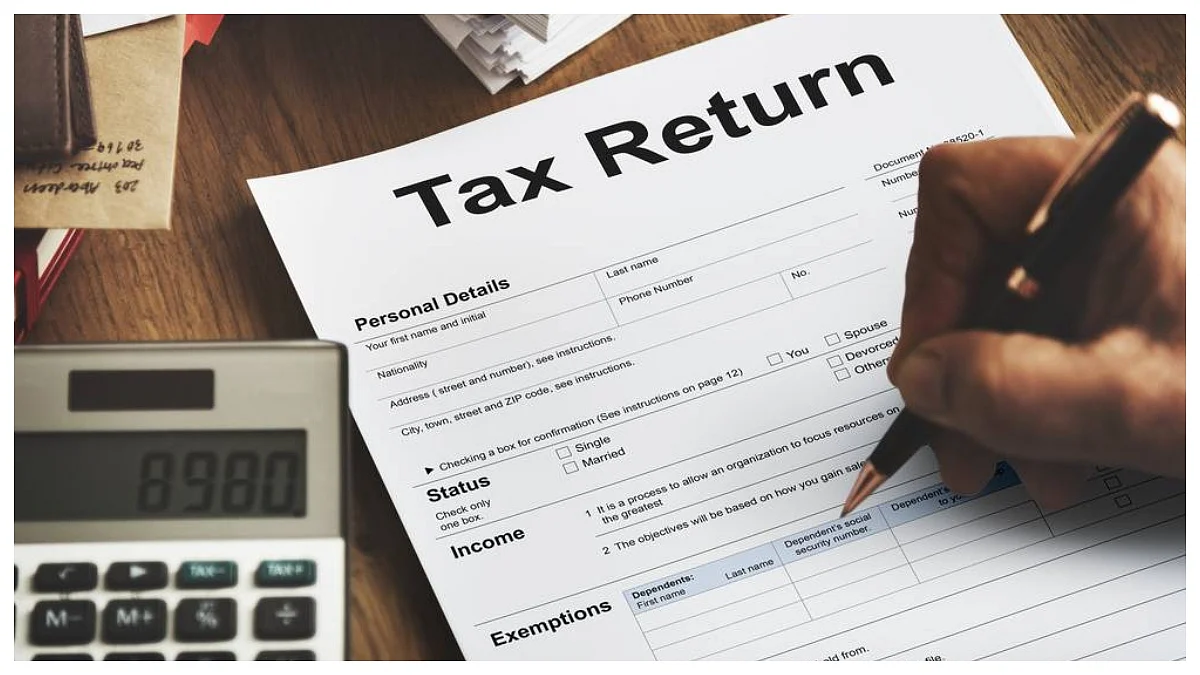Mumbai: The last date to file your Income Tax Return (ITR) for the financial year 2024-25 is September 15, 2025. As the deadline gets closer, experts are advising taxpayers to be extra careful while filing.
One common area of confusion is dividend income. Taxpayers often find that the amount shown in their bank account doesn’t match the figures in the Annual Information Statement (AIS) or Form 26AS. This mismatch can create problems, and if you enter incorrect information, the Income Tax Department may send a notice.
Dividend Income Must Be Reported
Taxpayers must report all sources of income while filing ITR, including dividend income from shares or mutual funds. This income is taxable and should be mentioned in the ITR form under 'Income from Other Sources.'
Many investors maintain their dividend records using Excel sheets or bank statements. But when they compare these records with data from the AIS or TIS (Taxpayer Information Summary), the numbers often don’t match.
Why Do These Mismatches Happen?
According to a report by Moneycontrol, the mismatch happens because bank statements show the net dividend (after tax is deducted), while AIS and Form 26AS show the gross dividend along with the TDS (Tax Deducted at Source).
Sometimes, dividend amounts may get credited on holidays or into less-used bank accounts, which can cause confusion. If these differences are not handled properly, they can lead to incorrect ITR filing and possible notices from the tax department.
What to Mention in ITR?
While filing ITR, always report the gross dividend income—that is, the total amount declared by the company or mutual fund. Enter this under the 'Income from Other Sources' (Schedule OS) in the ITR form.
Also, mention the TDS as shown in Form 26AS or AIS under the TDS schedule and claim credit for it.
If you took a loan to invest in shares or mutual funds, you can claim a deduction of interest paid, but only up to 20% of the dividend income. However, other expenses like bank charges or commission cannot be claimed.
Why Accurate Reporting Matters
Correctly reporting dividend income helps in smooth ITR filing and ensures that you receive any refunds on time. Most importantly, it protects you from tax notices or audits in the future.
What is AIS?
AIS (Annual Information Statement) shows all your financial transactions for the year. It includes:
- Salary
- Interest income
- Dividends
- Rent received
- TDS and TCS details
- Share and mutual fund investments
- Property purchases or sales
- Foreign remittances
- GST turnover
- Tax payments, refunds, and demands













